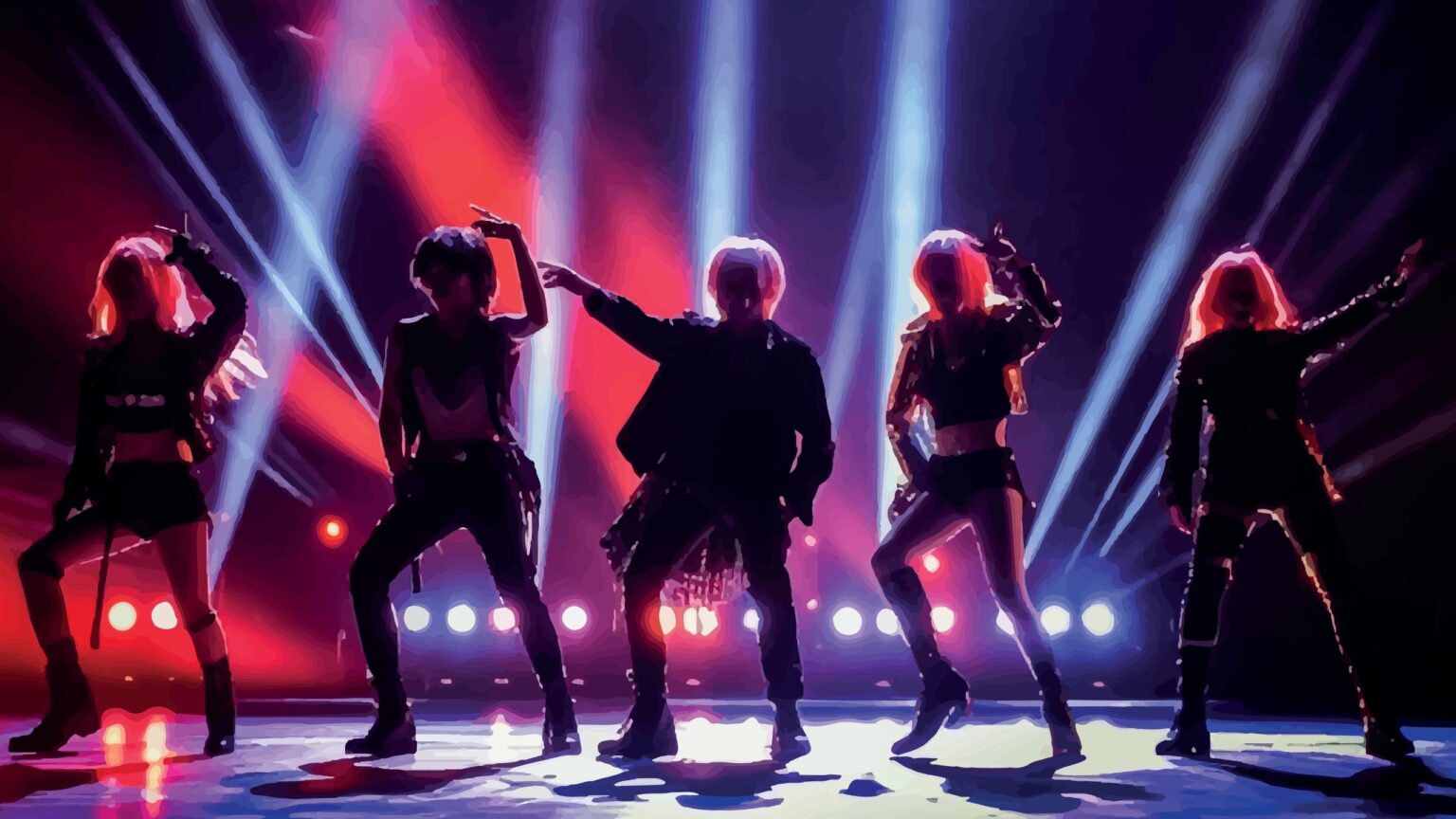The digital landscape has encountered an unexpected plot twist with K-pop, a global sensation, at the crossroads of an AI-driven revolution.
The popularity of virtual K-pop bands demonstrates that technology is about making lives simpler and redefining the concept of entertainment.
AI Enters the K-pop Arena
Eternity, for instance, is a South Korean band boasting eleven AI-generated members. Their latest single, “DTDTGMGN,” encapsulates the heart of K-pop with its vivid settings and energetic rhythm. But what sets them apart is that none of these band members are visible in real life. Hence, the tangible joys of fan meetings, tactile merchandise, and autographs are absent.
‘The only thing we can’t do is sign autographs’:
The rise of #virtual K-pop #bands https://t.co/Mdu8nTGrwi #fintech #AI #ArtificialIntelligence #MachineLearning #GenerativeAI @JakeKwon88 @IvanCNN @cnn @cnnbusiness pic.twitter.com/M9714YdwZw
— Spiros Margaris (@SpirosMargaris) October 5, 2023
Behind the scenes, Pulse9 spearheads Eternity’s digital endeavors. One band member, Zae-in, particularly exemplifies the limitless potential of this AI-driven entertainment realm. By harnessing real-time face-swapping and AI voice generation, Zae-in fluidly imbibes the talents of ten individuals, ranging from actors to singers. Moreover, her adaptability isn’t limited to just music.
Initial responses to Eternity were polarized, with the uncanny nature of virtual beings causing unease. However, time has witnessed the blurring lines between these digital avatars and their real-world counterparts. Additionally, musical compositions are also benefiting from the AI touch.
For instance, Pulse9’s track “No Filter” amalgamates human creativity and AI prowess. Notably, established entities like SM Entertainment are also probing this space, hinting at the direction in which the wind is blowing.
Beyond Eternity: MAVE’s Digital Symphony
Parallelly, MAVE, another virtual phenomenon, is garnering attention. Supported by Kakao Corp., MAVE’s members—SIU, ZENA, TYRA, and MARTY—exist only in the digital realm. These members, distinguished by their intricate designs and sophisticated avatars, showcase the evolution of AI in the entertainment industry.
With an advanced voice generator, the band communicates in four languages. Yet, they still rely on pre-determined scripts, drawing a boundary between spontaneity and programming.
In addition, South Korea is familiar with the concept of virtual entertainers. The 1998 virtual singer Adam and the later K/DA, inspired by the video game League of Legends, ventured into this sphere. However, AI and digital graphics advancements have propelled the current generation of virtual bands to unparalleled realism.
These avatars now possess intricate facial expressions and detailed nuances like distinct hair streaks, setting them apart from earlier attempts.
my mave theory is that whatever they’re against is going to materialise and come out of ai and that’s when the people behind the girls will be shown as they fight the ai taking over our world and they’ll then go back and forth from being ai and real people pic.twitter.com/6hxMTn2uUY
— liv | JONGHO MONTH (@minjusluvr) October 2, 2023
Experts opine that the pandemic accelerated the acceptance of such AI-driven entertainers. As Lee Jong-im, a pop culture analyst at Seoul National University, observes, the prolonged pandemic has facilitated fans in reconciling with non-physical modes of entertainment. Significantly, the differentiation between the virtual and the real is fading.
However, challenges are inevitable. The organic, unpredictable nature of human entertainers offers an irreplaceable charm. A cultural studies expert, Lee Gyu-tag, opines that virtual idols might be seen merely as sophisticated technological tools without this unpredictability.
A Synthesis of Tradition and Technology
While the current wave of AI-driven K-pop bands is capturing global attention, the journey ahead is intricate. However, the traditional fan-artist bond is deeply rooted in real-world interactions, spontaneous performances, and human nuances that virtual idols cannot emulate entirely.
However, the widespread interest in these digital bands is undeniable. The K-pop industry may have an exciting juncture as the boundaries between the real and virtual continue to blur. Whether AI-driven bands will complement, coexist with, or overshadow their human peers remains a future quest.









 and then
and then